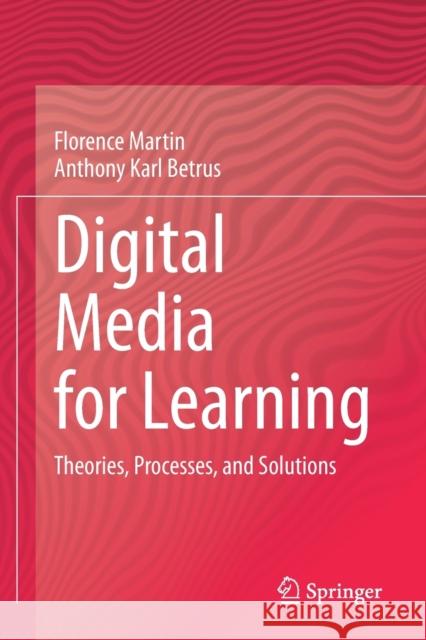Digital Media for Learning: Theories, Processes, and Solutions » książka
topmenu
Digital Media for Learning: Theories, Processes, and Solutions
ISBN-13: 9783030331221 / Angielski / Miękka / 2021 / 181 str.
Digital Media for Learning: Theories, Processes, and Solutions
ISBN-13: 9783030331221 / Angielski / Miękka / 2021 / 181 str.
cena 537,24 zł
(netto: 511,66 VAT: 5%)
Najniższa cena z 30 dni: 535,99 zł
(netto: 511,66 VAT: 5%)
Najniższa cena z 30 dni: 535,99 zł
Termin realizacji zamówienia:
ok. 20 dni roboczych.
ok. 20 dni roboczych.
Darmowa dostawa!
Kategorie:
Kategorie BISAC:
Wydawca:
Springer
Język:
Angielski
ISBN-13:
9783030331221
Rok wydania:
2021
Wydanie:
2019
Ilość stron:
181
Waga:
0.29 kg
Wymiary:
23.39 x 15.6 x 1.09
Oprawa:
Miękka
Wolumenów:
01
Dodatkowe informacje:
Wydanie ilustrowane











